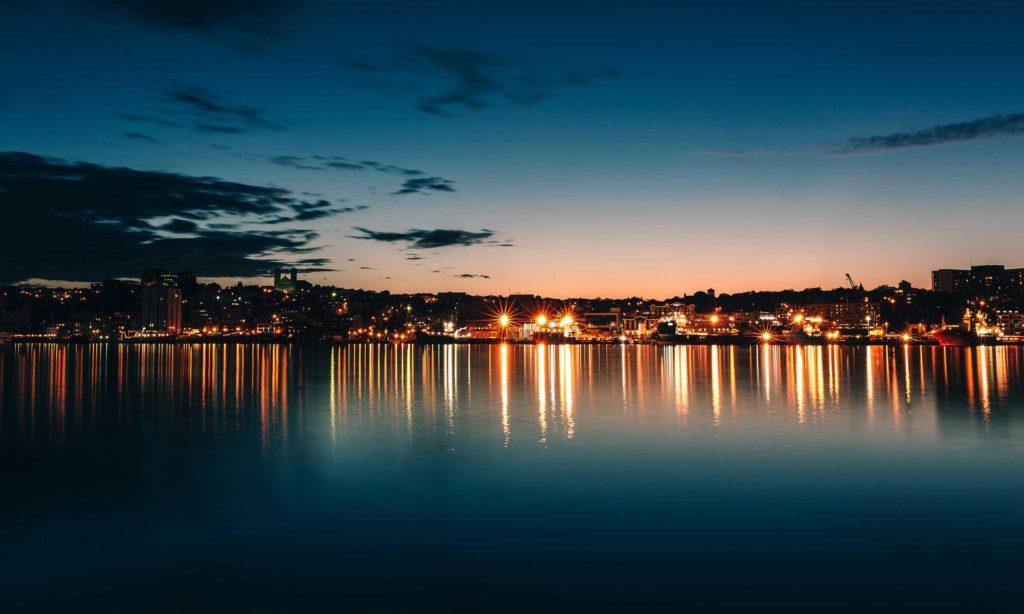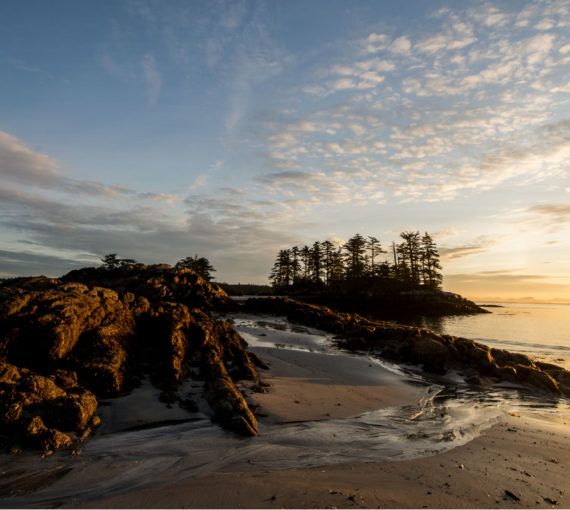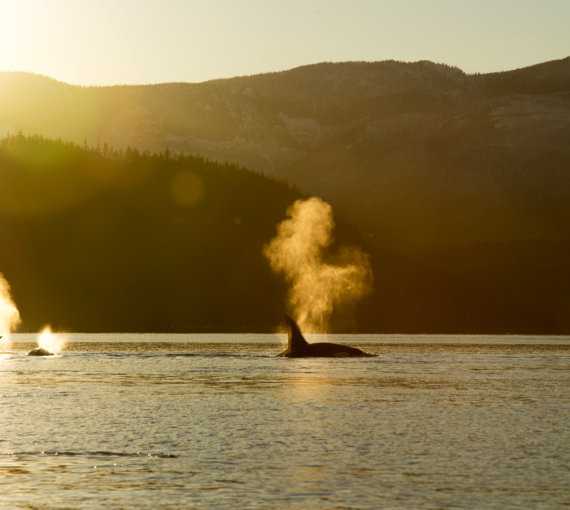As the adage goes, if you want different results, you have to try a different approach. Old models of economic thinking have brought us to where we are today: facing a series of ecological crises that threaten to destroy our life-support systems. But where our old, unsustainable economy went wrong is where the “blue economy” approach can be an opportunity to get things right.
The California-based Center for the Blue Economy defines it as “the overall contribution of the oceans to economies, the need to address the environmental and ecological sustainability of the oceans, and the ocean economy as a growth opportunity for both developed and developing countries.”
Ocean and other water-based economic activities are nothing new. Human history, in most ways, has always been a blue economy. However, a “sustainable” blue economy model is meant to be one that operates within ecological limits while delivering a strong and just social foundation, something our contemporary economic model does not recognize (whether on land or sea).
Such a sustainable blue economy could do away with the “take, make, and dispose” paradigm that has put our oceans and global waters in dire straits and created a climate crisis of unmatched proportions. Instead, a sustainable blue economy approach would place a premium on ocean and freshwater health and promote collective well-being in tandem. By harnessing the power of the oceans, seas, lakes and rivers, and investing in technological, social and economics innovation, we can create more of the outcomes we all want: quality livelihoods, improved equity, and real and fair prosperity. The added hope is that in achieving these outcomes, the blue world could then influence our economies as a whole.
This week, I was in Nairobi as part of the Canadian delegation to the first-ever global conference to set a path toward a sustainable blue economy. Co-hosted by Canada and Japan, the event brought together more than 17,000 representatives of business, government, civil society, research institutions, and Indigenous communities, among others, to discuss the building blocks to a blue economy that is prosperous, inclusive, and sustainable. Several countries, including Canada, used the event as an opportunity to announce new actions and funding commitments toward enabling an economy that does not degrade our shared waters.
By harnessing the power of the oceans, seas, lakes and rivers, and investing in technological, social and economics innovation, we can create more of the outcomes we all want: quality livelihoods, improved equity, and real and fair prosperity.
Environmentalists have long been championing a movement to ensure the ocean and our freshwater endowments remain healthy, and to guide societies to a sustainable pasture. But true social change requires diversity. It takes people from all ideologies coming together to agree that a shift needs to happen—that there can be no other choice but a radical departure from the status quo. The sustainable blue economy offers a solution grounded in the harsh political and economic realities of our time. It is in recognizing those realities that it is able to intersect ideologies. Its name alone hints at inclusion, a peace offering to those who typically find themselves on opposing sides of the environmental-economic divide.
In the blue economy, growth is a priority, but not the same growth of old. Our national policy obsession with converting nature to financial wealth (that stuff of gross domestic product, or GDP) has resulted in the world needing to come together for the sake of our ocean as it now routinely has to do for the whole natural world. Through the acknowledgement of undeniable ecological limits, an unshakeable commitment to do no harm and a transition to a beyond-GDP, well-being-focused national purpose, the blue economy can lead to a healthier people and planet and shared prosperity.
In Nairobi, one success story after another emerged from the delegates. From the integration of system dynamics modelling by the Indian Ocean Commission to promote post-GDP development planning, to Costa Rica’s remarkable doubling of forest coverage over the past 30 years (a feat it is committed to replicating at sea), it is clear that where political will and innovation meet, the potential for our planet is tremendous.
Canada, with 20 per cent of global freshwater resources and the largest coastline in the world, has the potential to move a truly sustainable blue economy forward in a massive way. By taking a cue from its Indigenous communities, Canada can show the world what it means to thrive off the land and protect it, too.
It’s time to leave old ways of thinking behind if we want to see different results. With a sustainable blue economy approach, we can generate solutions we all want, solutions that will work for all of us.
This op-ed was originally published in The Hill Times.
Our work
Always grounded in sound evidence, the David Suzuki Foundation empowers people to take action in their communities on the environmental challenges we collectively face.




